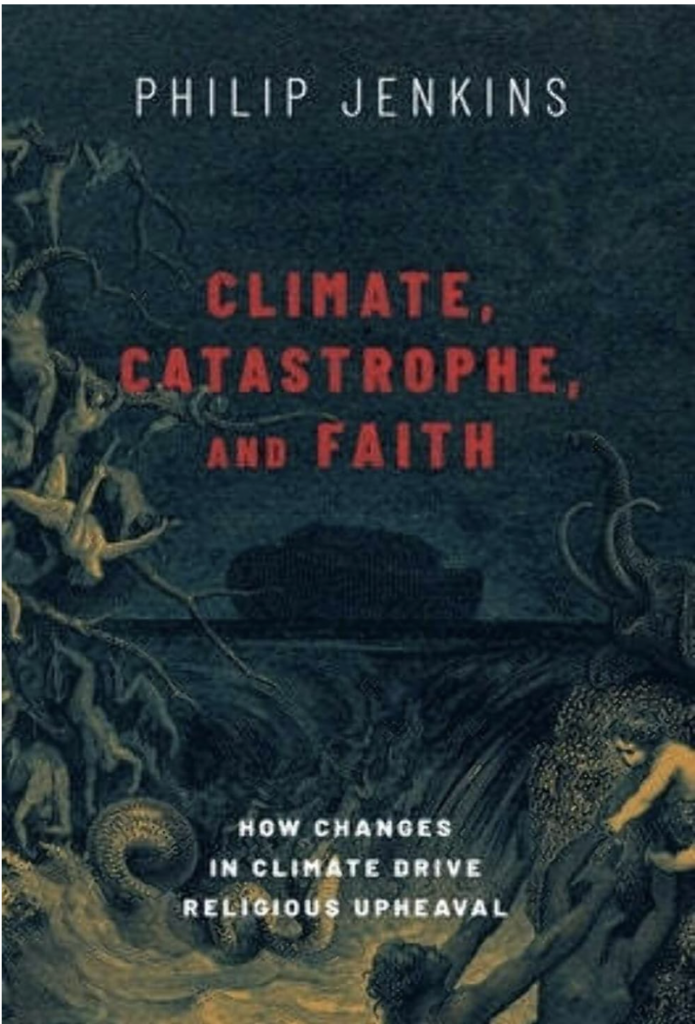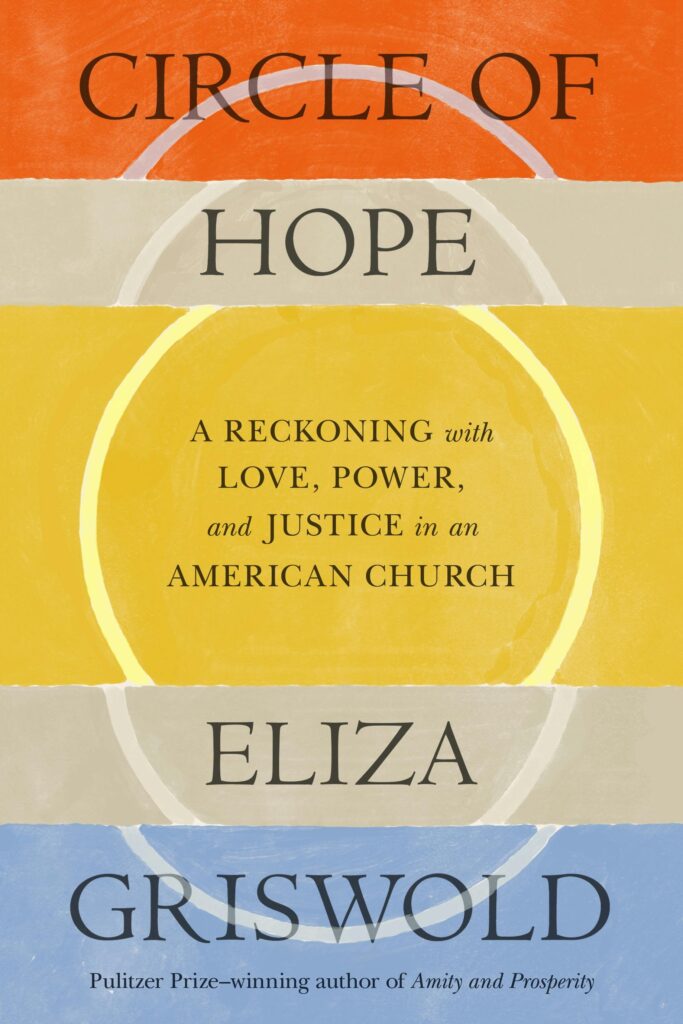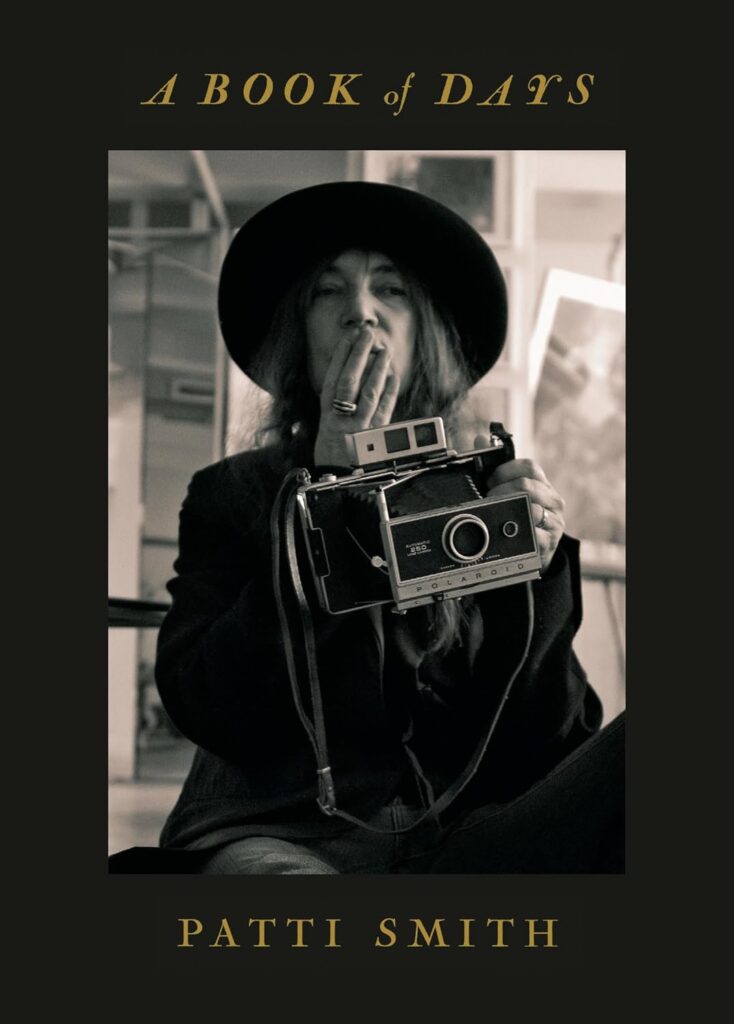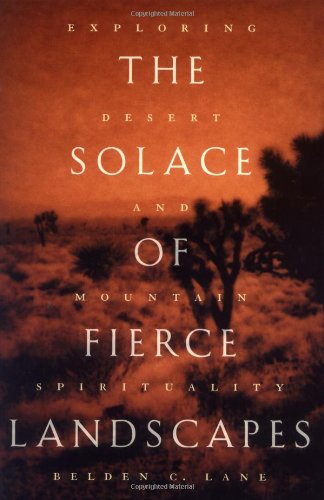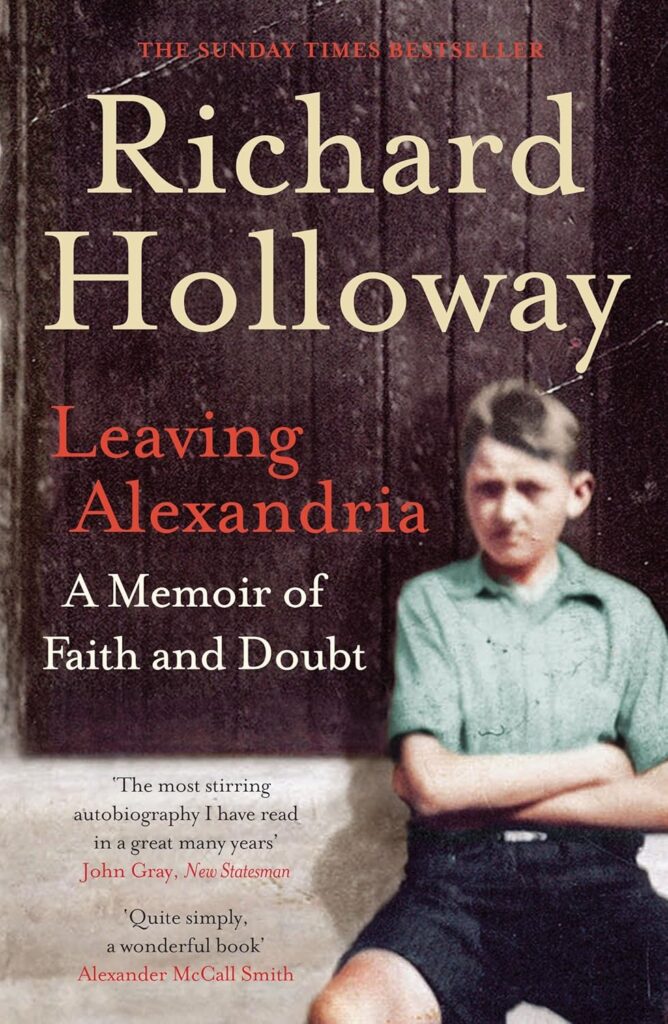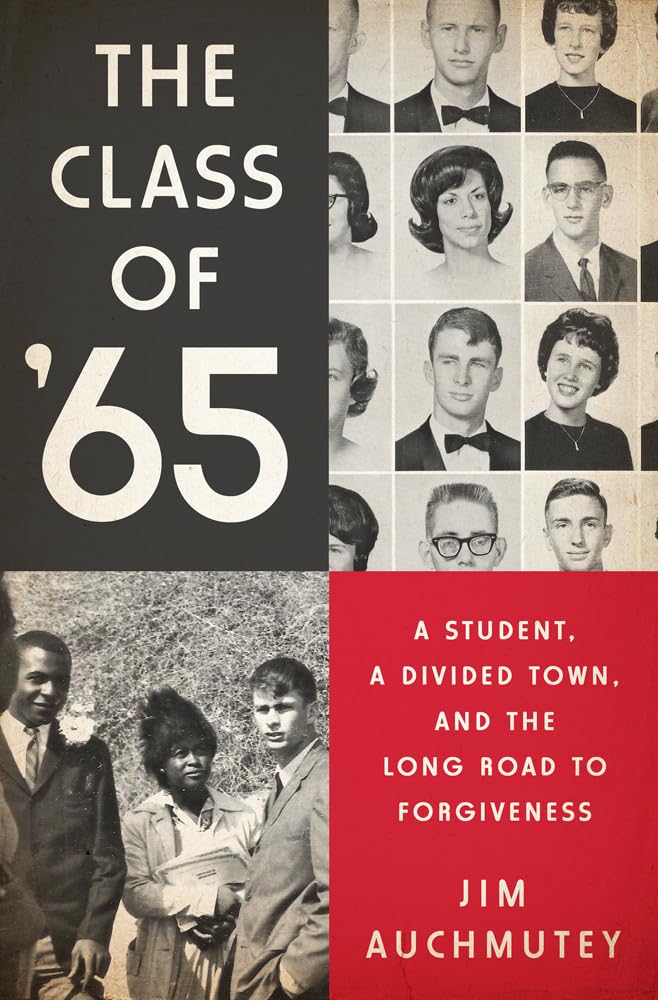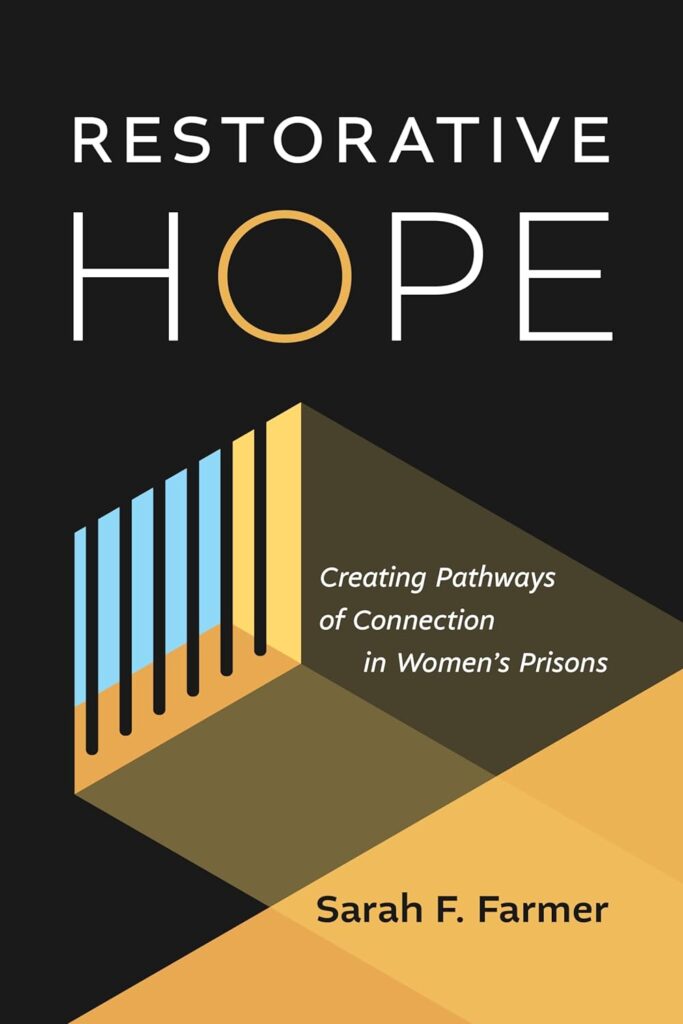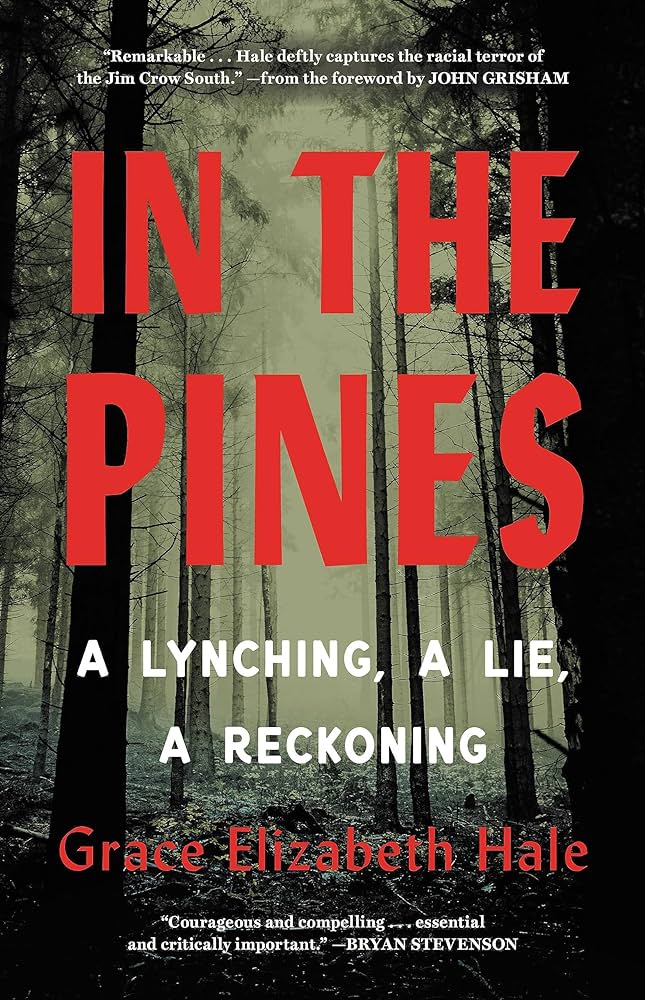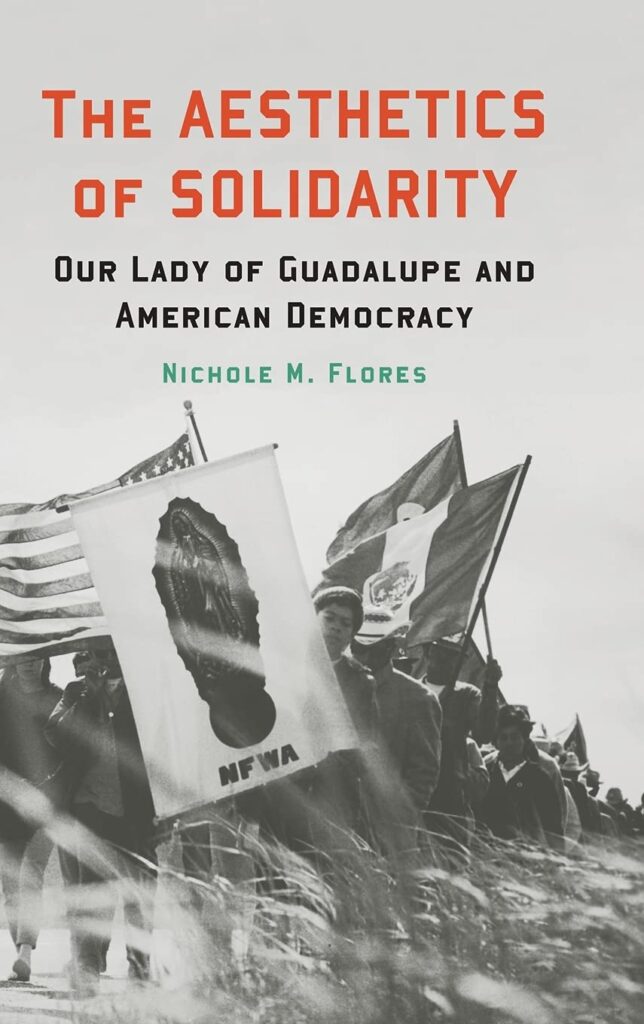Global Climate History Through a Religious Lens
Writing into our current age, which is marked by climate crisis and anxiety, Philip Jenkins reflects in Climate, Catastrophe, and Faith on the religiosity inherent to global warming and the historical markings on culture and religion as a result of major climate events. Examining Western religious incidents of the fourteenth through the eighteenth century, Jenkins draws connections to the coinciding climate changes of those periods; including the Medieval Warm Period and the Little Ice Age, to name a few. Jenkins argues that the results of rapidly depleted resources and unforgiving natural environments lead in part to drastic changes in religious practice and doctrine, from apocalyptic declarations, to persecution and violence, to beliefs still maintained across traditions today. Jenkins concludes with his belief that rising global alarm and ensuing climate migration will ultimately result in more tumultuous changes in religiosity.
Philip Jenkins is Distinguished Professor of History at Baylor University within the Institute for Studies in Religion, and previously taught at Penn State University. He is the author of thirty books, including The Lost History of Christianity: The Thousand-Year Golden Age of the Church in the Middle East, Africa, and Asia–and How It Died, The Next Christendom: The Coming of Global Christianity, and most recently A Storm of Images: Iconoclasm and Religious Reformation in the Byzantine World.
Reviews and endorsements of the publication include:
“This masterpiece of historical scholarship should help policy makers and others transcend temporal myopia. Of special interest to students of climate, history, society, religion, and politics, this book can change the way one thinks about such matters.”
-L. E. Sponsel, CHOICE
“Jenkins’s bold new argument may change the way we think about the history of religion, but more important, it could remind us that we can imagine a new and better way as we prepare for the consequences of this impending climate crisis.”
– Rt. Rev. Mark Van Koevering, author of The Living Church
“This timely and meticulously researched book makes an important contribution to the growing body of literature engaging religion and history with ecology and climate change.”
-Ruby Guyat, Times Higher Education
For more information on the publication, click here.

